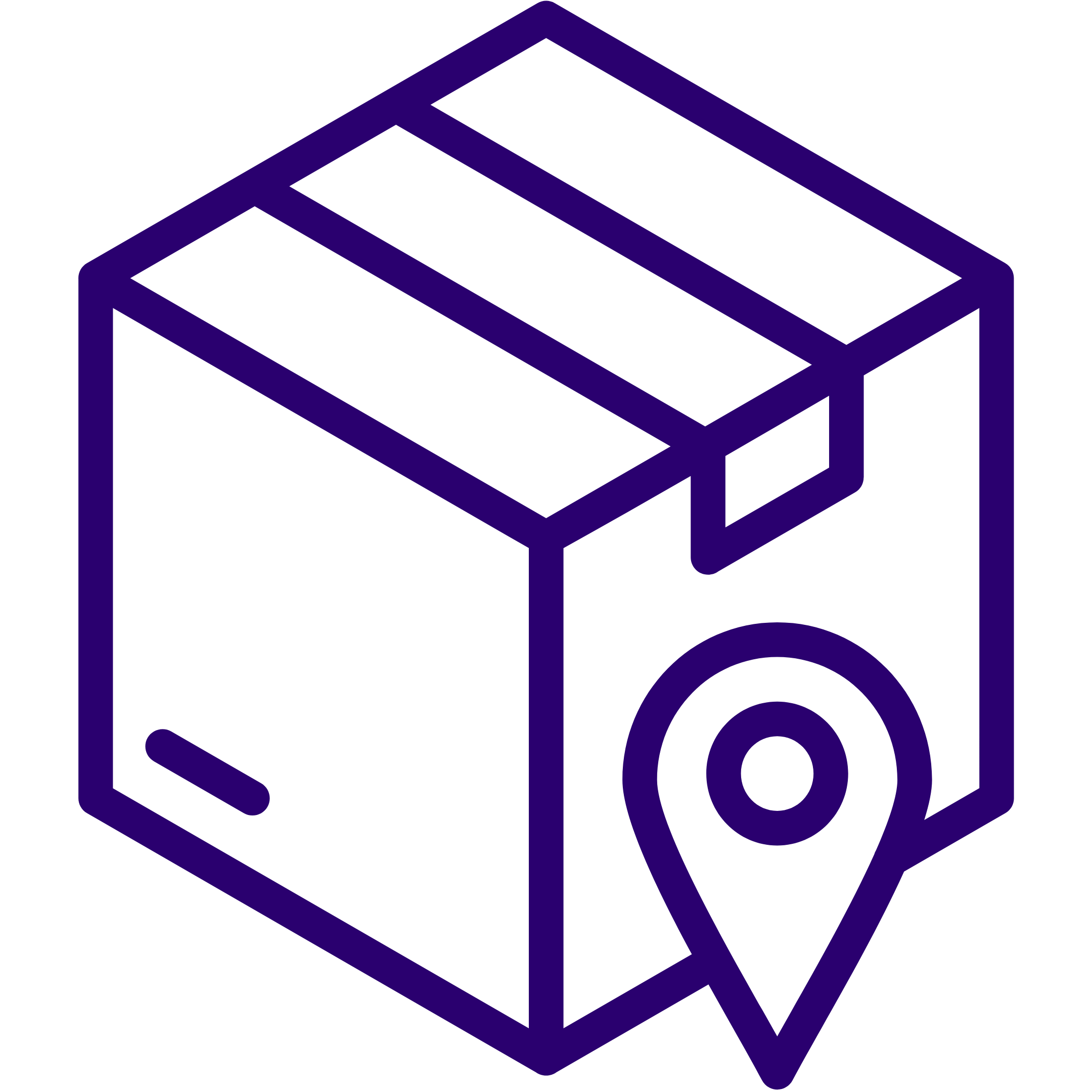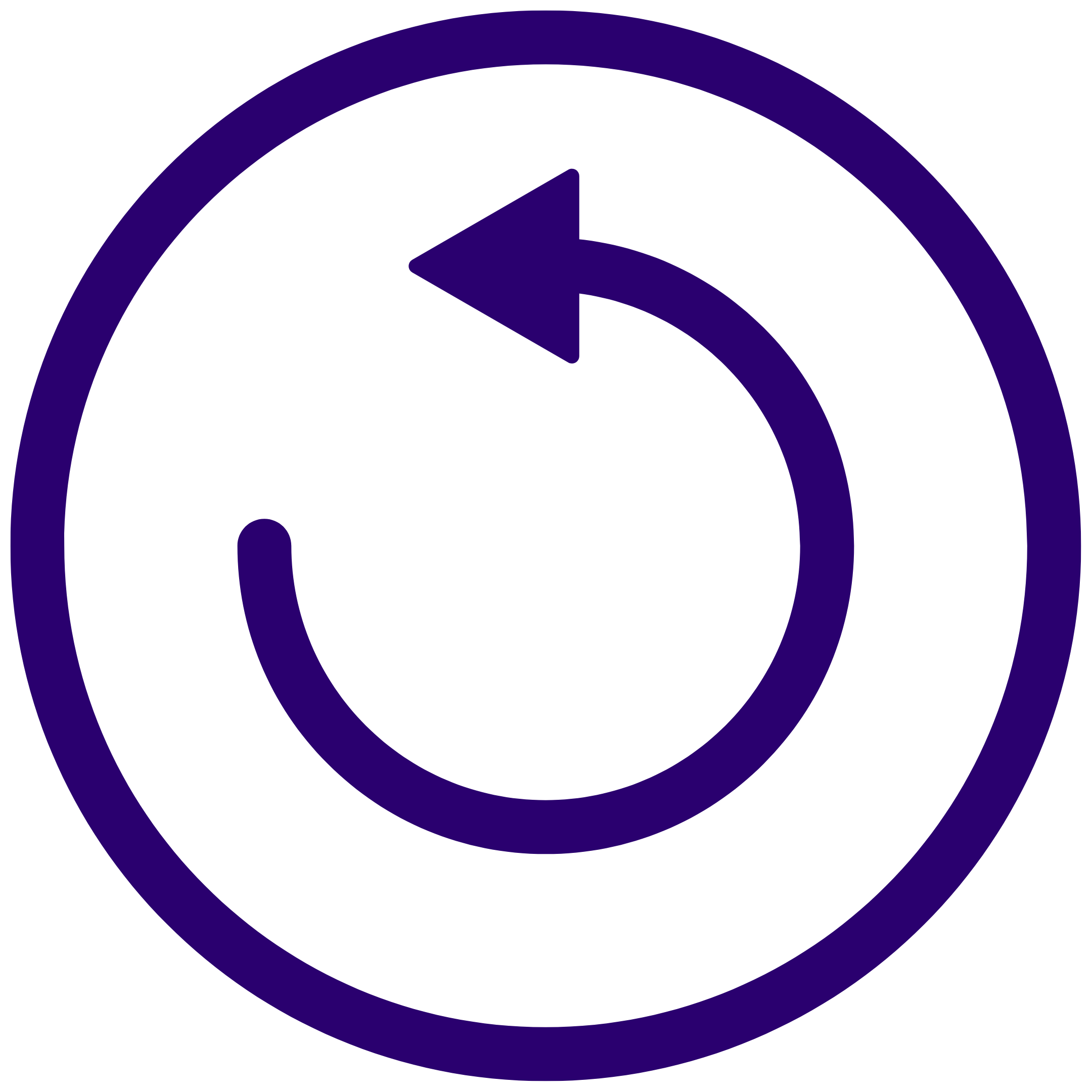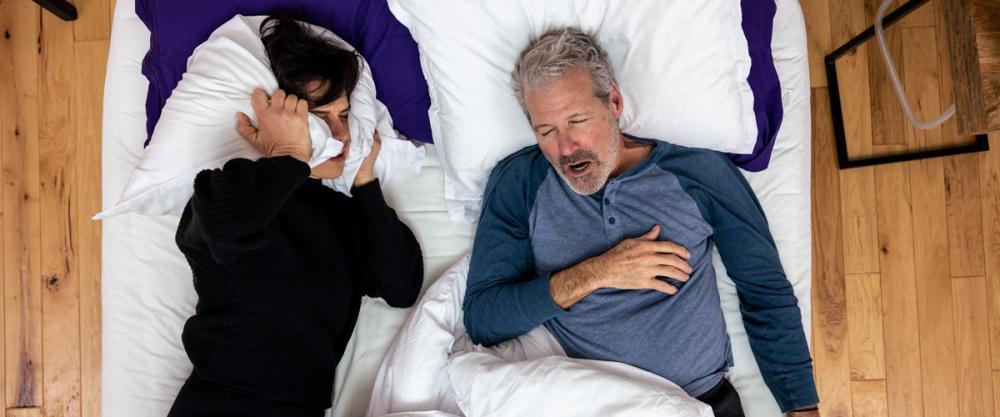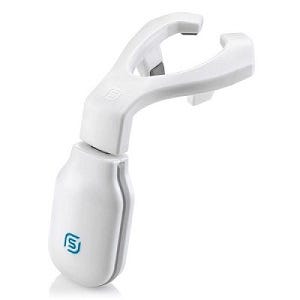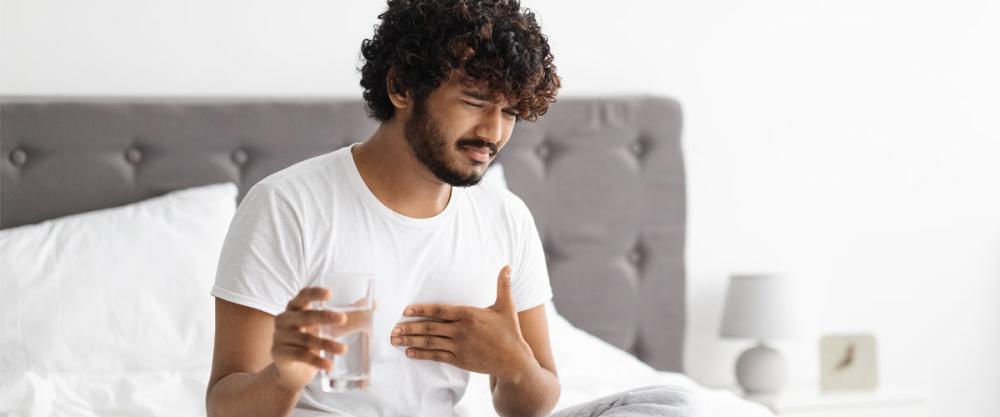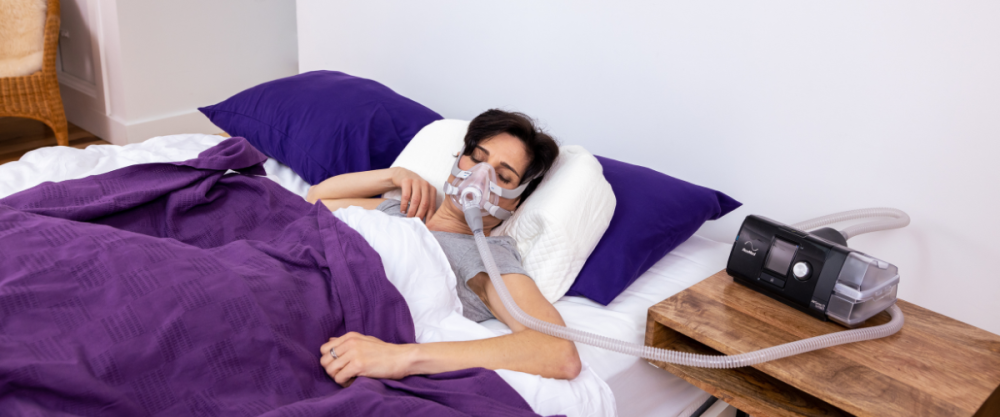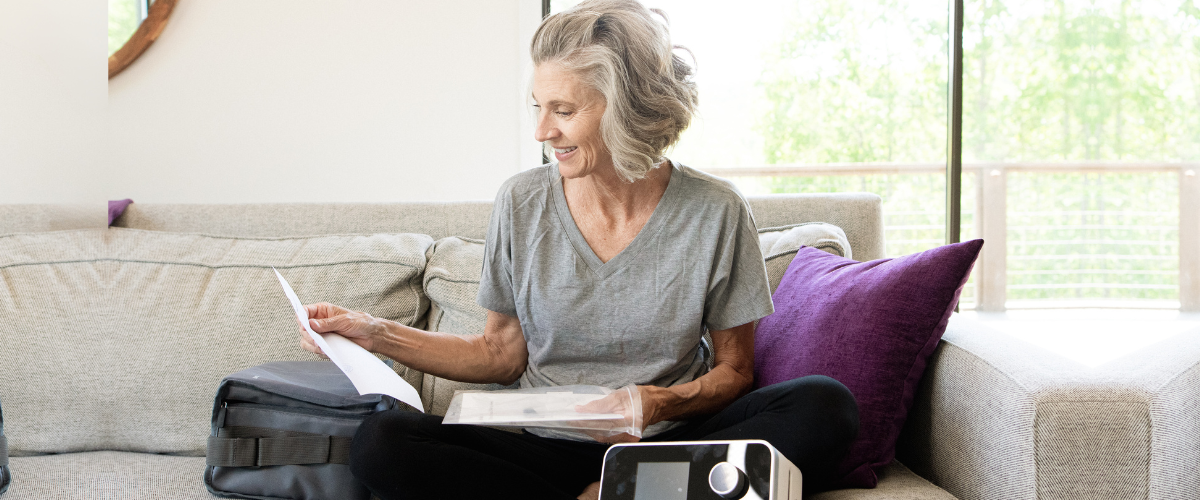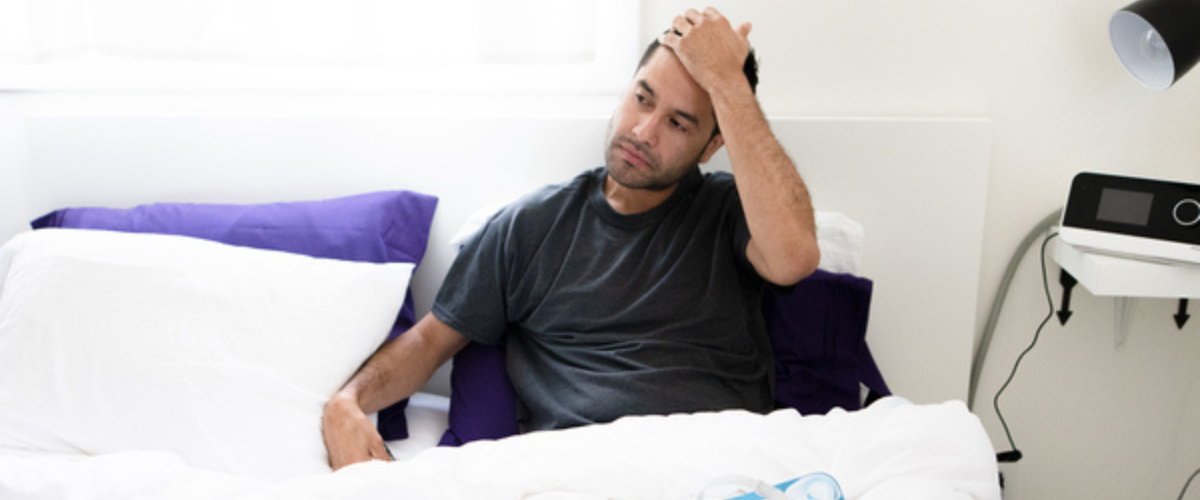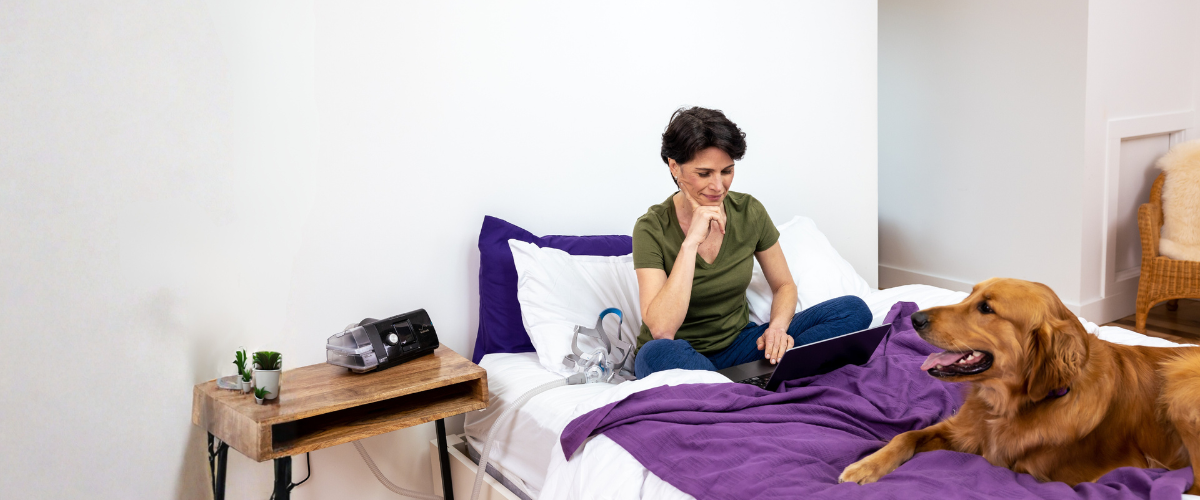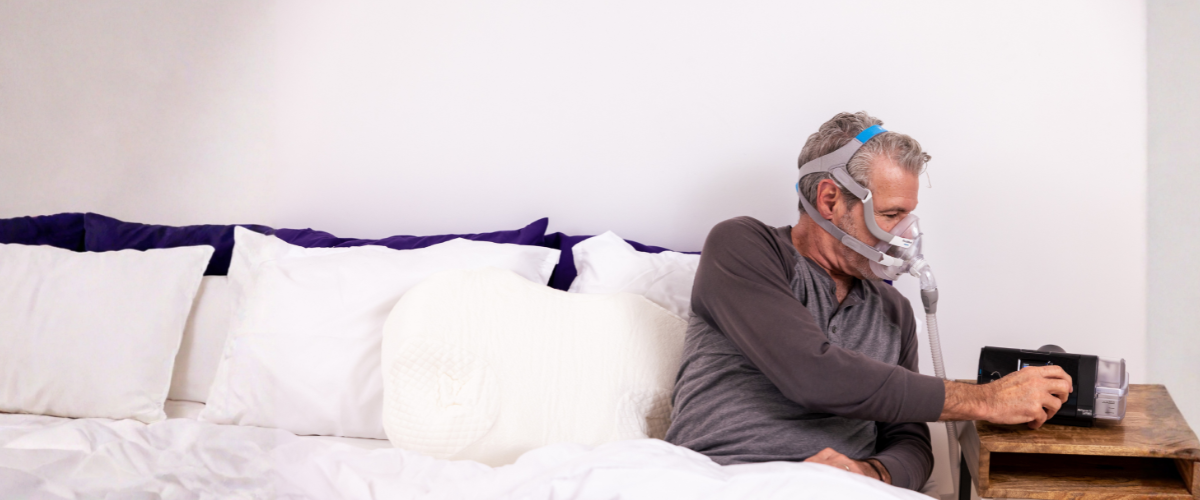The difference between snoring and sleep apnea is a matter of symptom versus condition. If you snore loudly, it could make sense to suspect sleep apnea, but context matters.
Everyone snores now and then, especially if you have nasal congestion from a cold, flu, or allergies gunking up the works. But sometimes snoring can be a symptom of a more serious condition such as obstructive sleep apnea, or OSA. Not all snorers have OSA, and not all OSA patients need CPAP machines.
Poor sleep quality (for you and your partner!) is the most obvious result of snoring or sleep apnea. You’ll need to know the differences, though, to get effective treatment. We’re here to break it down so you can make an informed decision about when to see your doctor.
Table of Contents
Sleep Apnea vs. Snoring
Let’s start with definitions that can help you communicate with your medical team.
SNORING refers to a sound, not a condition. That snoring sound you know comes from air forcing a path through an airway. When throat muscles relax, soft tissues can partially collapse into the airways, making them narrower. The air pushing through creates vibrations in the tissues, and the narrower the airway, the more intense the vibration.
SLEEP APNEA is a chronic condition, a sleep disorder where there are pauses in breathing, sometimes hundreds of times per night. People with sleep apnea often snore, but it’s usually accompanied by more serious symptoms.
What Are the Symptoms of Sleep Apnea?
OSA patients often wake up gasping for air. They often experience morning headings, difficulty concentrating, and dry mouth, too.
The lack of deep sleep can cause excessive daytime fatigue, making you more susceptible to accidents and injury. Your body wakes you up with stress hormones because it thinks you are suffocating. Those stress hormones can also cause cardiovascular problems like high blood pressure and heart disease. If left untreated, sleep apnea can ultimately lead to heart failure. OSA is so much more than just snoring!
Risk Factors Shared by Both Snoring and Sleep Apnea
- Being male
- Naturally narrow airway
- Obesity and/or weight gain
- Anatomical traits like deviated septum
- Drinking alcohol
- Smoking
- Nasal congestion
- Being older
- Family history of OSA


How Do I Know if I Have Sleep Apnea or if It's Just Snoring?
If you snore, it doesn’t necessarily mean you have OSA! But if snore AND you experience any of the symptoms mentioned above (such as headaches, dry mouth, daytime sleepiness, or waking up to gasp for air), it makes sense to ask your healthcare provider about OSA.
Your bed partner can offer other clues. They may make complaints about your snoring. They may express worry about the way you startle awake, seeming to choke. It could be time to believe them (and relieve them) by checking in with your doctor.
Your doctor will take an inventory of your symptoms, measure your neck, and then do an examination of your nose, mouth, and throat. They are checking for any obvious upper airway obstructions, infected or large tonsils, and abnormalities in your uvula or soft palate.
If there is no clear blockage and nothing obviously restricting your airflow, a sleep study or home sleep test may be ordered for you. The medical term is polysomnography, and it tracks several details of your physiology while you sleep. You’ll get the most accurate results if you allow a sleep specialist to perform the study in a sleep center. They monitor your sleep position, breathing pauses, oxygen levels, awakenings, and more to get the most holistic insights.
Treatment Options for Snoring and Sleep Apnea
If you aren’t diagnosed with sleep apnea but still snore, there’s a lot you can do to help reduce the vibration and get a better night’s sleep. You can try oral appliances, positional sleep aids, nasal strips, or other products. You can forgo alcohol at bedtime and embrace lifestyle changes to reduce weight and improve overall health conditions.
If it turns out that you do have one of the types of sleep apnea, you’ll get a prescription for a CPAP machine with a specific level of pressurized air. CPAP stands for continuous positive airway pressure. This treatment creates a constant airflow to keep your airways open, reducing soft tissue collapse.
You’ll learn what kind of machines will work for you and how to use them. There are CPAP machines as well as APAP and BiPAP, which all do slightly different things to help you breathe better and track your sleep stats. One of our sleep specialists can help you figure out which machines, masks, and accessories will be of most use for you. Our goal is to make it as easy as possible for you to transition into your treatment options. We’re happy to assist with set up, answer your questions, and troubleshoot any issues you have on your way to better health!

